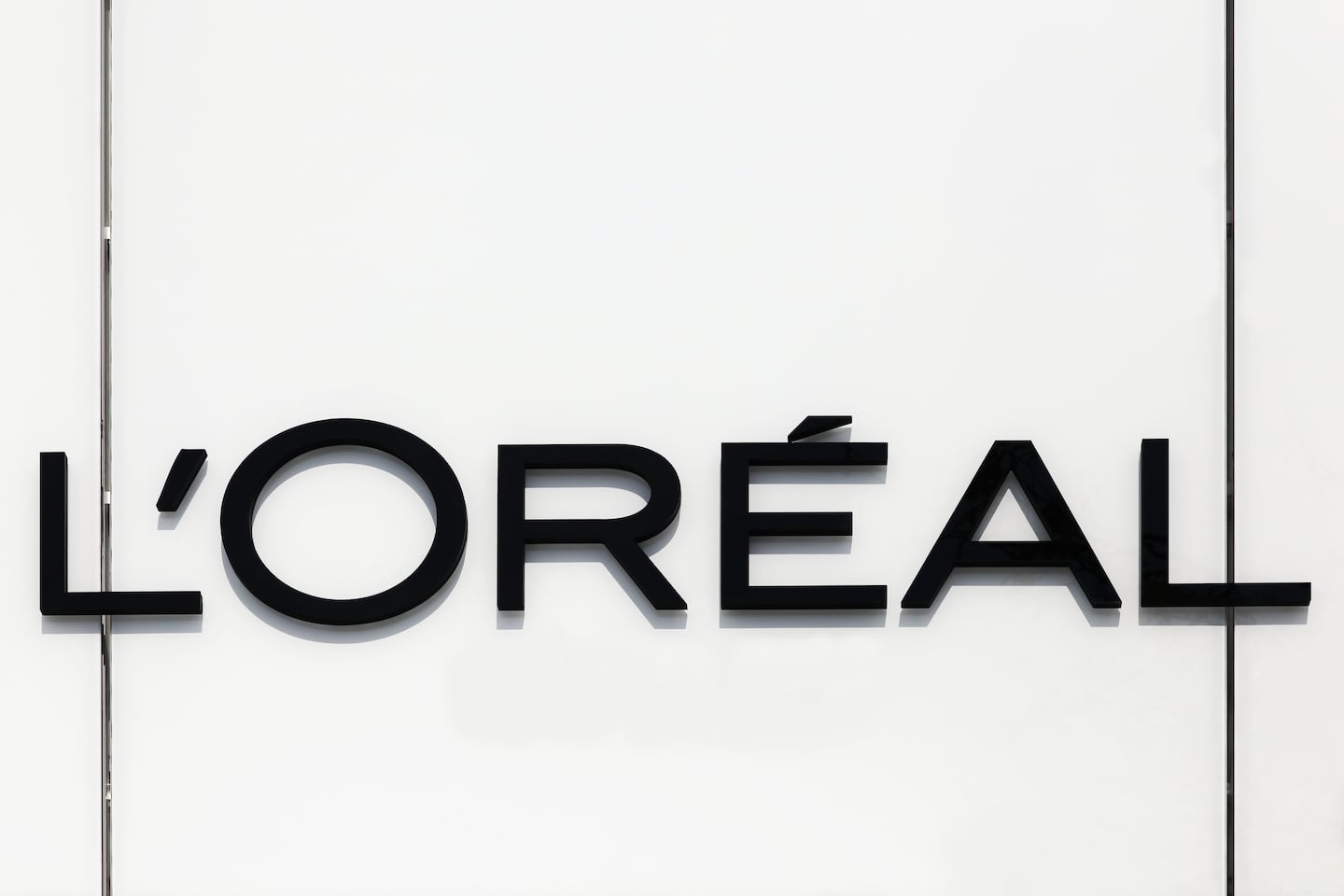
The Business of Fashion
Agenda-setting intelligence, analysis and advice for the global fashion community.

Agenda-setting intelligence, analysis and advice for the global fashion community.

Nearly 60 lawsuits claiming hair relaxer products sold by L’Oréal USA Inc and other companies cause cancer and other health problems will be consolidated in Chicago federal court, according to a Monday order from the Judicial Panel on Multidistrict Litigation.
At least 57 lawsuits have been filed in federal courts across the country over the products, which use chemicals to permanently straighten textured hair, court records show. The lawsuits allege the companies knew their products contained dangerous chemicals but marketed and sold them anyway.
The actions will be centralised into a multidistrict litigation before U.S. District Judge Mary Rowland, which will streamline discovery efforts and other pretrial issues for the cases, according to the order.
The cases name the US subsidiary of L’Oréal SA and subsidiaries of India-based companies Godrej SON Holdings Inc and Dabur International Ltd. Representatives for the companies, which opposed centralisation of the cases, did not immediately respond to requests for comment.
ADVERTISEMENT
In a statement posted online after the first lawsuits were filed, L’Oréal said it is “confident in the safety of our products and believe the recent lawsuits filed against us have no legal merit.”
The lawsuits follow the October publication of a National Institutes of Health study that found women who used the products multiple times a year were more than twice as likely to develop uterine cancer.
Diandra Debrosse Zimmermann of DiCello Levitt, who filed the first case after the study was published, urged the Judicial Panel on Multidistrict Litigation at a hearing last month to send the cases to Rowland.
Debrosse Zimmermann said the panel’s decision “recognised the clear benefits of centralising the hair relaxer litigation,” adding that she expects many more firms to file their cases in the coming weeks.
She estimates that thousands of women could end up suing over the products, which are typically marketed to women of colour.
By Diana Jones; editing by Leigh Jones
Learn more:
LVMH, L’Oréal Among Suitors for Stake in Aesop
ADVERTISEMENT
Japanese beauty group Shiseido Co. is also studying a potential bid for an interest in Aesop, the people said, asking not to be identified discussing confidential information.
Landing a retail partnership is often seen as a major milestone for beauty founders — but it brings a bevy of new challenges, from the logistical complexities to setting a marketing budget. Black entrepreneurs, who typically have far less capital to work with, often face tough choices.
The firm has been working on a listing since at least 2022, with previous attempts buffeted by volatile markets.
In a three-part series, The Business of Beauty explores how Black founders Monique Rodriguez, Danessa Myricks and more built, launched and scaled their multi-million-dollar businesses. In part one, a look at how these entrepreneurs found their niche and harnessed early lessons that were critical to their growth
There’s something both innocent and concerning about 13-year-olds’ obsession with skincare. Kids will always want to find new ways to express themselves, but the beauty industry has a responsibility to protect its youngest customers.